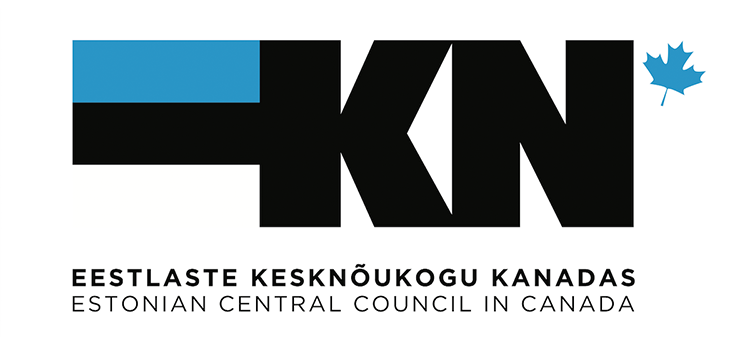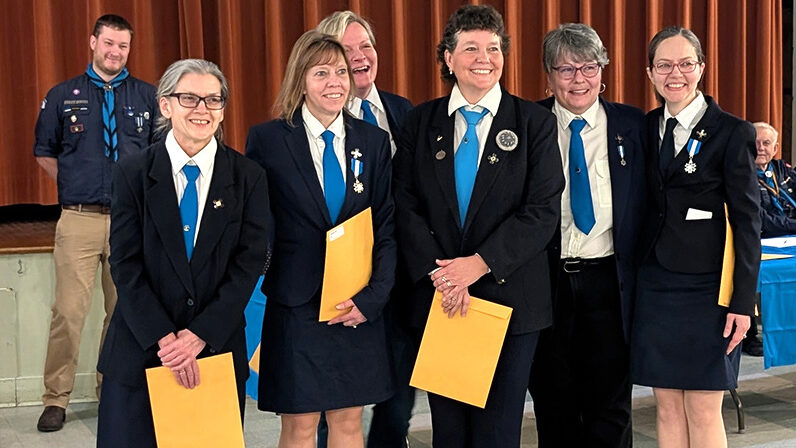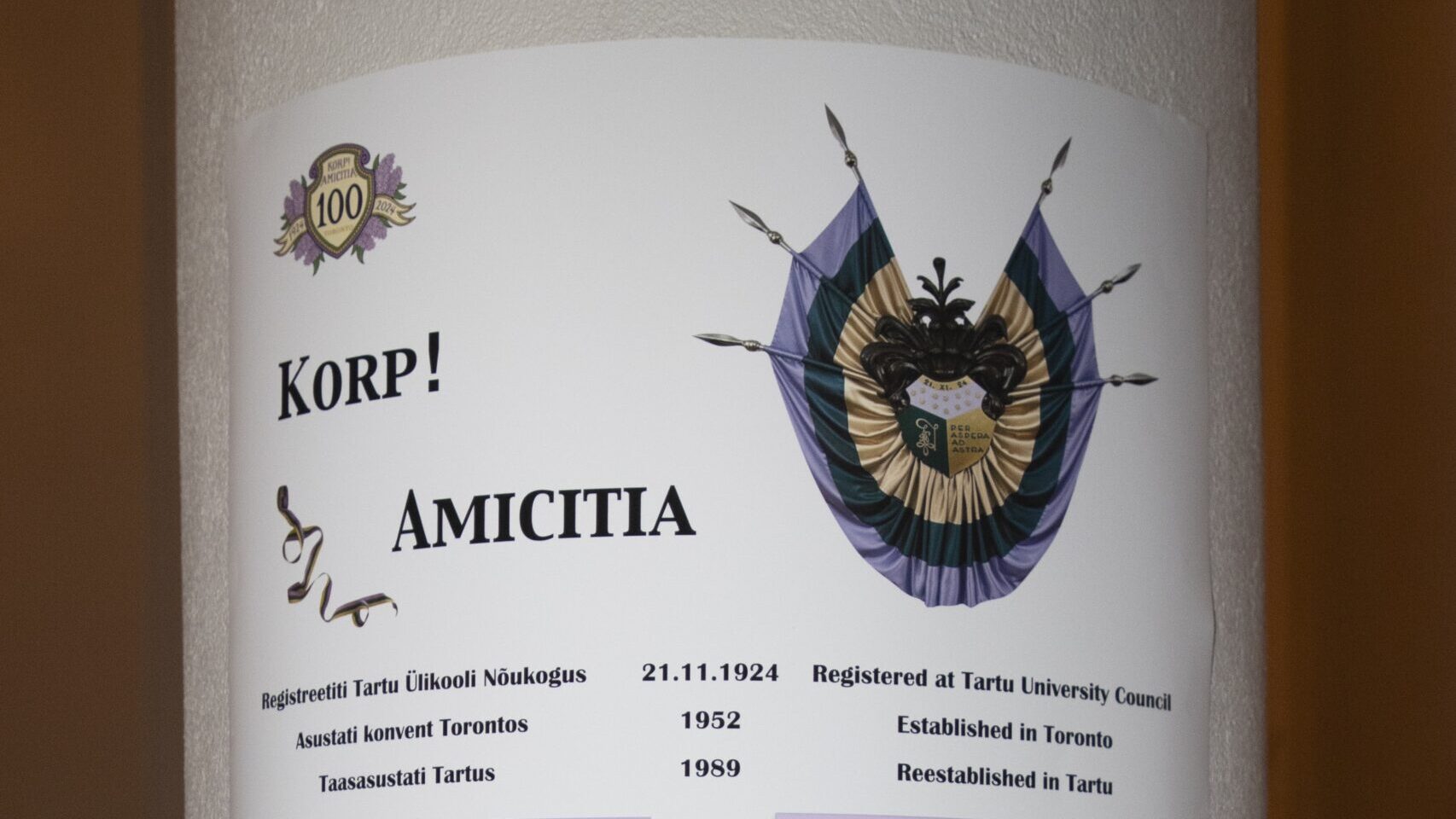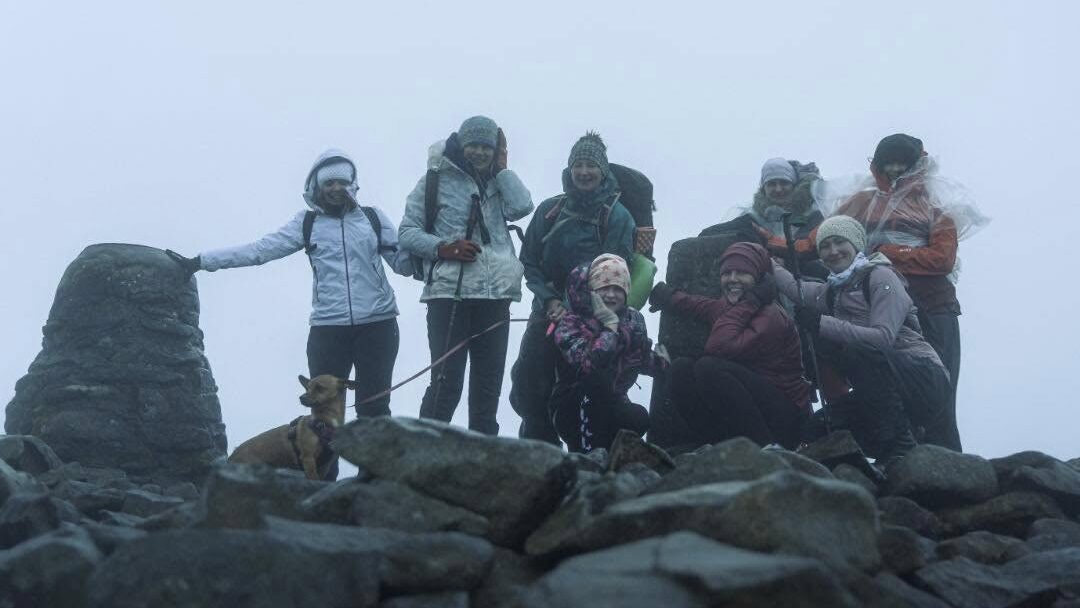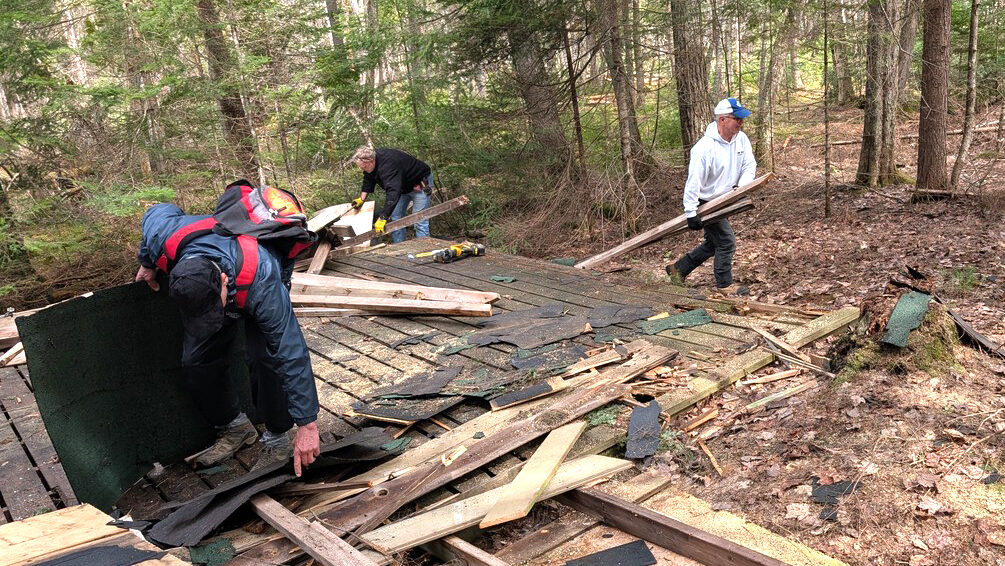By way of background, the Deschenes Commission was a commission of inquiry established by the Government of Canada, in 1985 to investigate claims that Nazi war criminals had found refuge and were living in Canada. The Commission completed its work in 1986 with a written report consisting of two parts. Part I was released to the public and included anonymized summaries of investigations of individuals who had been alleged to be Nazi war criminals. Part II, which included a list of names of alleged Nazi war criminals was never intended for public release by the Commission.
Request for release of Part II was made to LAC recently. In July 2024, ECC presented to LAC committee and submitted a written report on the possible release. ECC stated that it was not taking a position on whether Part II of the Deschenes Commission Report should be released. However, ECC advised that any decision taken must be addressed with appropriate sensitivity and due consideration to all potentially affected stakeholders. ECC provided LAC with historical context and its perspective on the considerations raised by the request to release.
ECC will continue to monitor and inform the Estonian Canadian community about further developments.
War crimes are undeniably reprehensible, and ECC emphasizes the need to investigate and prosecute individuals responsible for them. In 1998, President Lennart Meri established The Estonian International Commission for Investigation of Crimes Against Humanity. Headed by Finnish diplomat Max Jakobson, it was mandated to investigate crimes against humanity or against citizens in Estonia during both the Soviet and Nazi German occupations. The Commission’s work resulted in reports, which provided significant historical context regarding crimes against humanity and identified individuals who were involved in those crimes. After the Commission completed its work in 2007, it was succeeded by the Estonian Institute of Historical Memory. ECC supports both the Max Jakobson Commission and the Estonian Institute of Historical Memory in their efforts to investigate and raise awareness of these issues.
The Deschenes Commission’s work included investigations of 827 individuals whose names were contained on a “Consolidated Master List of Suspected War Criminals”. The Master List was based on names provided from various sources, without need to provide reasonable basis that the named individuals had committed war crimes. Part 1 of the Deschenes Commission Report ultimately made clear, there was no basis for allegations against large numbers of individuals on the Master List. Most were unaware they were being investigated, and some were included based on unsubstantiated and politically motivated sources, such as the Soviet Union.
ECC will continue to monitor and inform the Estonian Canadian community about further developments. Please contact ECC if you have questions. If any members of the community are contacted by the media for comment, please refer them to Estonian Central Council in Canada at eknecc@gmail.com
